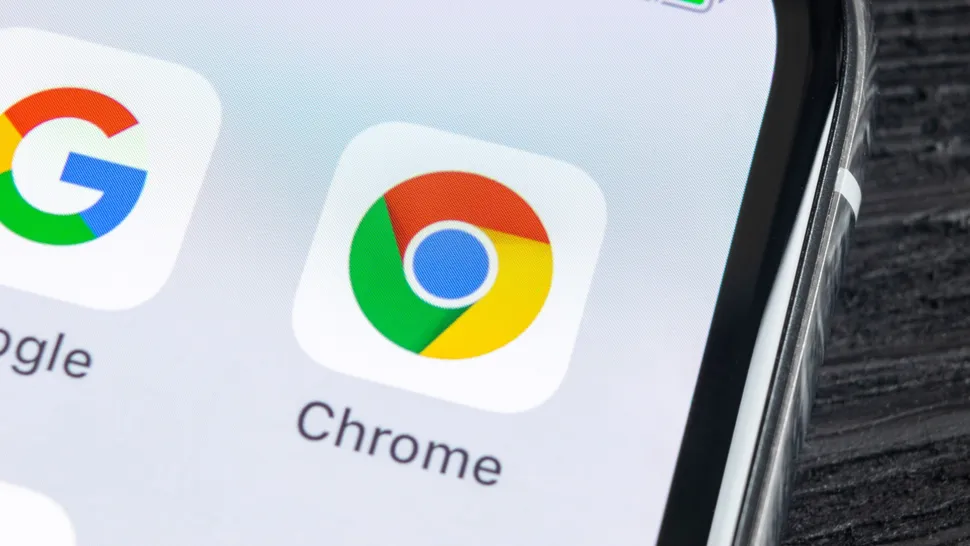When it comes to using an iPhone, there are several browsers to choose from but the vast majority flock to either Chrome or Safari. It’s a competition that has heated up in the midst of a complicated relationship between Apple and Google.
Well, Apple’s latest scary attack ad is not going to make that relationship any less complicated. While it doesn’t overtly tell people to stop using Chrome, it is a rather blatant shot at Google’s browser for the ton of tracking cookies it uses — claiming that Safari is “a browser that’s actually private.”
Why now?
Currently, 30% of iPhone users are running Chrome as its default browser, and Google wants to up this to 50%, according to a report from The Information. That would equate to another 300 million iOS devices, and in a time when keeping people loyal to apps is the most direct path to revenue, Apple does not want to lose this majority grip on iPhone browser usage.
So the company seems to have hatched a plan to pray on the two key problems with using its competition:
- Chrome’s hunger for tracking cookies: You’ve seen it all across the internet — those pop ups that ask whether you accept third-party cookies. Once you go into the privacy settings of Chrome, you’ll probably be stunned by the many thousands of sites tracking your whereabouts on the internet. Even worse, they look set to be around until 2025 according toGoogle’s Privacy Sandbox report.
- Incognito mode is not private: This is one of a few different features of Chrome where the Mountain View company has said it cares about privacy, but its actions are a little different. For example, Google promises security in its Incognito Mode, but then had to admit this privacy shield isn’t really that private in a $5 billion class-action lawsuit.
These are things that Safari stomps out from the get-go — including preventing cross-site tracking by default, and hiding your IP address (provided you have an iCloud+ account on the latter). That makes this fertile ground for Apple to advertise on and drum up fears about its main competition.
Google’s response
We reached out to Google for a response to this latest ad campaign, and the response doesn’t necessarily answer the issues rather bluntly hinted at here by Apple.
A Google spokesperson told Tom’s Guide that: “Chrome is built with the goal of keeping your data safe by default and ensuring users can control when and how their data is used in Chrome to personalize their web browsing experience. We believe users should always be in control, which is why we’ve built easy to use privacy and security settings directly into Chrome.”

